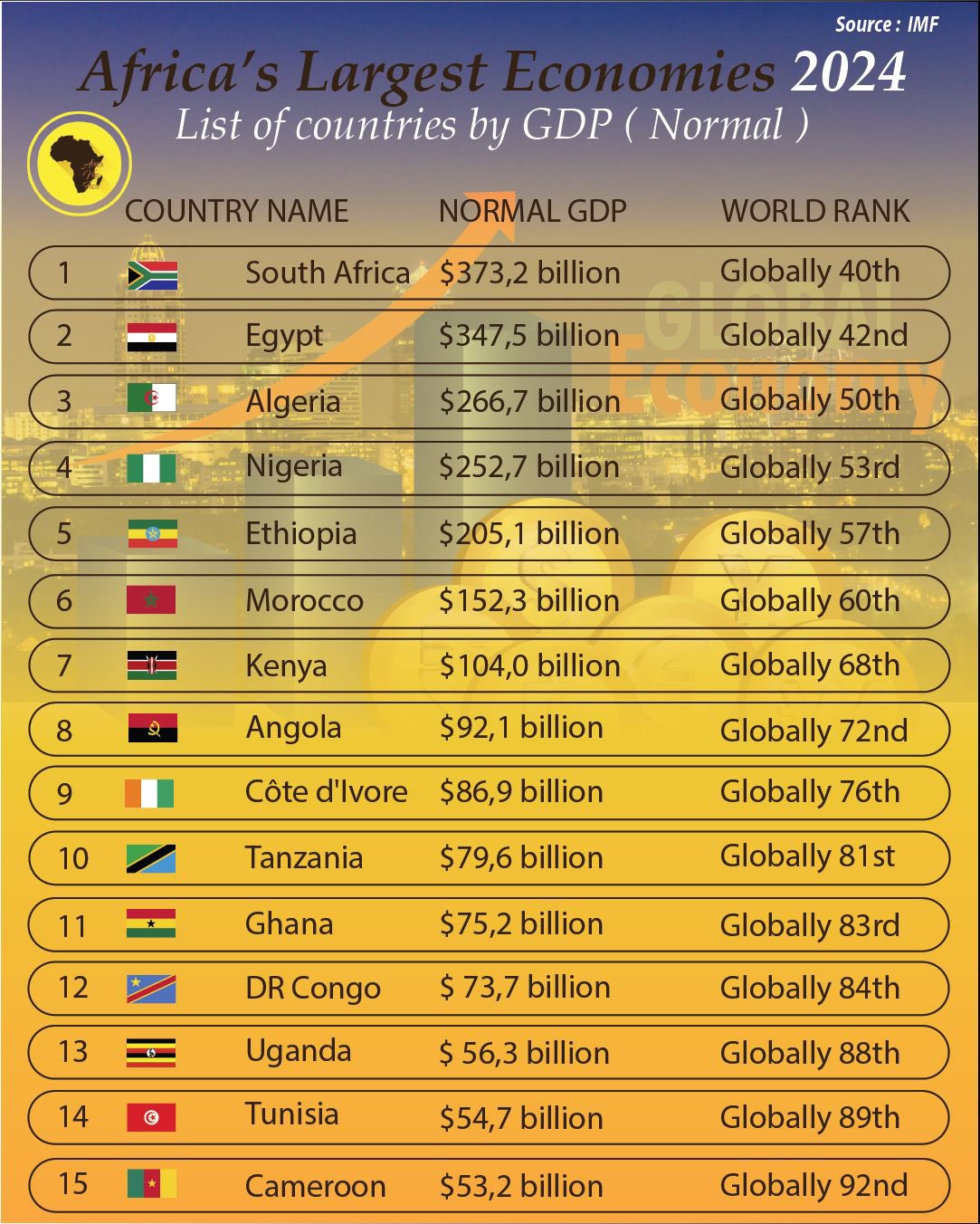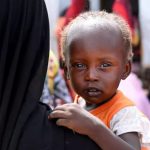
The International Monetary Fund (IMF) has predicted that Nigeria’s economy will reach $1.85 trillion by 2029 in terms of Purchasing Power Parity (PPP). However, this optimistic projection contrasts sharply with the nation’s ongoing economic challenges.
Purchasing Power Parity (PPP) is a metric that compares the economic productivity and living standards between countries by considering the cost of living and inflation rates. PPP helps to provide a more accurate measure of an economy’s size and how far money goes for citizens.
Nigeria’s Gross Domestic Product (GDP) in PPP terms has steadily increased from $1.36 trillion in 2023 to a projected $1.852 trillion in 2029. While the IMF predicts a slight increase in Nigeria’s share of global GDP from 0.77 per cent in 2023 to 0.78 per cent by 2029, these figures may mask deeper economic issues.
In recent years, Nigeria has been grappling with severe economic challenges. The country suffered a significant recession in 2020 due to the COVID-19 pandemic and a decline in oil prices, worsening economic instability. Despite being Africa’s largest economy, Nigeria has faced persistent issues such as high inflation, which soared to 33.69 per cent in April 2024. This surge in inflation is mainly due to the removal of fuel subsidies and the floating of the Naira, both of which have dramatically affected the prices of goods and services and eroded the purchasing power of Nigerians.
Moreover, projections from the IMF and a report from Afreximbank indicated that Nigeria will fall from Africa’s largest economy to the fourth largest by the end of 2024, trailing behind South Africa, Egypt, and Algeria. This decline suggests that other African economies are outpacing Nigeria regarding growth and stability.

While the IMF’s PPP-based forecasts paint a picture of potential economic growth, the reality for many Nigerians remains bleak. The rising cost of living, ongoing inflation, and unemployment continue to strain households. The government’s efforts to diversify the economy and attract foreign investment have yet to translate into tangible improvements in the everyday lives of its citizens. Without significant policy changes and effective economic management, the optimistic forecasts may remain theoretical.
Read: Nigeria Among Top 20 Countries With Highest Number Of Children In Severe Food Poverty -UNICEF
About The Author
Related Articles
Tinubu Government Delays Release of Signed Tax Acts to the Public
Four days after President Bola Tinubu announced the signing of four tax...
ByMayowa DurosinmiJune 30, 2025As Tinubu Urges Africa-Caribbean Unity in Saint Lucia, Over 272 Nigerians Killed in June Alone
While Nigerians deal with deadly violence, worsening hunger, and mass flooding, President...
ByWest Africa WeeklyJune 30, 2025You Can’t Tax a Dead Economy: Nigeria Is Suffocating Under Its Own Policies
As Nigeria’s Central Bank clings to its benchmark interest rate of 27.5...
ByWest Africa WeeklyJune 30, 2025“Wike is Not a Blessing to Us, He’s a Disaster” — Workers Protest in Nigeria’s Capital Over Unpaid Wages, Poor Working Conditions
Staff members of the Federal Capital Territory Administration (FCTA) in Abuja barricaded...
ByOluwasegun SanusiJune 30, 2025












